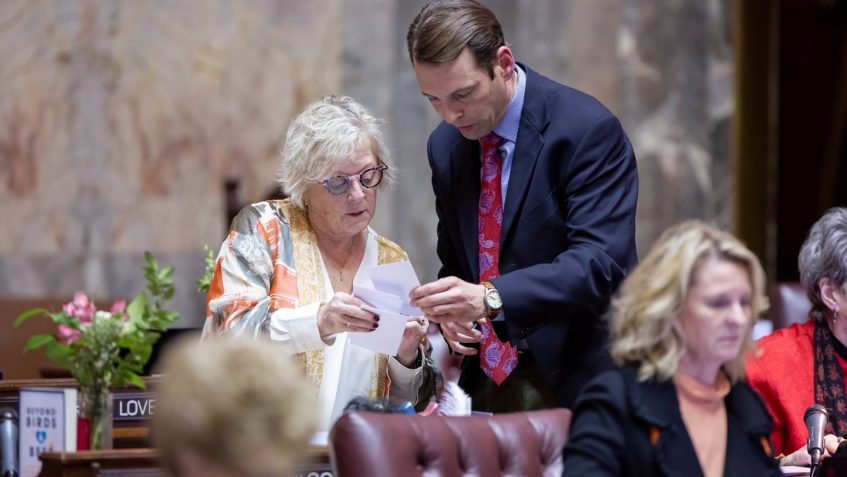The teaching of science-based, age-appropriate sexual health education would be expanded to more school districts and grade levels, under legislation passed today by the Senate.
“Some people hear the words ‘sex education’ and mistake the focus of the curriculum, which is health and safety, and is age-appropriate for each grade level,” said Sen. Claire Wilson (D-Auburn), the vice chair of the Senate Early Learning and K-12 Education Committee. “This is about making sure younger children know what kind of touching is inappropriate, whether by peers or predators. It’s about helping older students recognize and resist abusive or coercive behavior. It’s about teaching all children to respect diversity and not to bully others.”
Among other things, Wilson’s Senate Bill 5395 would:
- Expand comprehensive sexual health education curriculum to all grade 6-12 schools across the state, phased in over several years;
- Phase in age-appropriate curriculum for K-5 grades; and
- Allow parents to exempt children from sexual health education classes on request.
“Students need a safe place to ask questions, to fully understand consent, and to have the information they need to make safe decisions,” Wilson said. “There are children who will be targeted for molestation in the coming year, there are young women who may face sexual coercion or assault. They need access to information and lessons that will enable them to make decisions to ensure their health and safety.”
The Senate passed SB 5395 during the 2019 legislative session, but the House failed to act on it. Outside parties have tried to stir opposition to the bill by circulating misleading and often false depictions of the sexual health curriculum.
Wilson said the curriculum does not promote sex or direct teachers to instruct students on how to have sex, one of a number of claims that have been incorrectly alleged. To the contrary, the curriculum focuses on health and safety, emphasizes the importance of consent, and is proven to reduce unintended pregnancy and STIs.
The bill has earned the support of King County prosecutors who wrote in a recent op-ed in the Seattle Times that the curriculum would help prevent sexual abuse and violence by teaching healthier behaviors.
“The overwhelming majority of Americans, including parents and young people themselves, believe students should have access to age-appropriate comprehensive sexual health education,” Wilson said. “Information is power. It’s time we do a better job of sharing it.”

